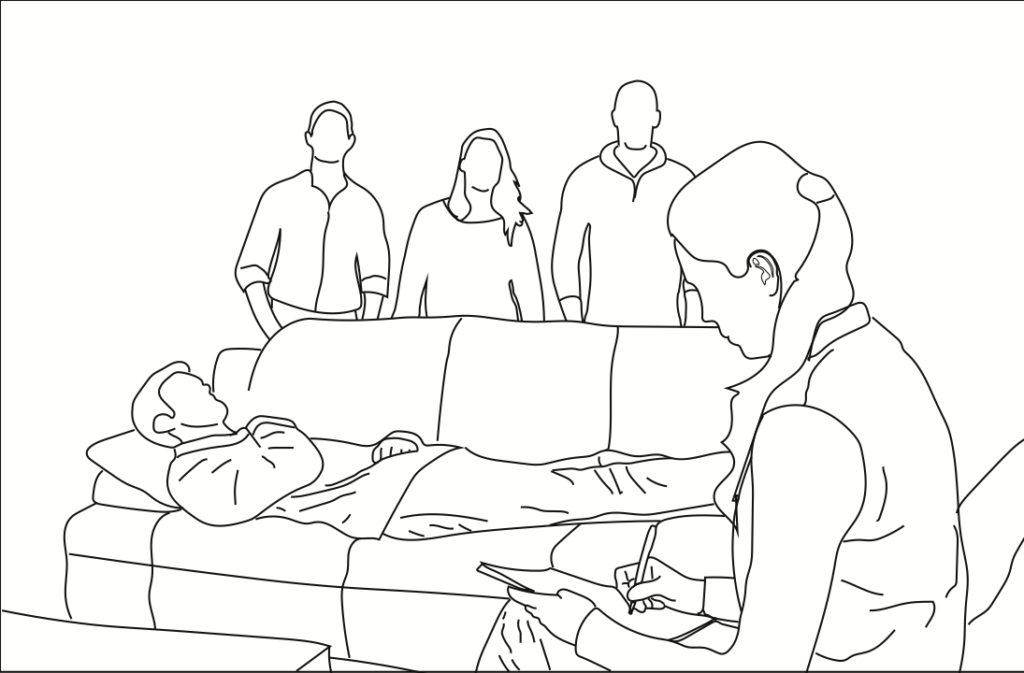Three weeks ago, students witnessed the third presidential debate, were busy preparing for midterms, and some might have scheduled an appointment with Counseling and Psychological Services (CAPS) that would only now be taking place.
The 2016-17 school year began with a surge of consultations, which is nothing out of the ordinary for this office. But what CAPS was less prepared for was the size and scope of the student body requesting their help. As a combined result of more students with each incoming class and increased retention rates, Seattle University has a greatly expanded undergraduate population, growing faster than the school’s resources can keep up with.
What this means for CAPS is that the office has been beyond capacity for the greater part of the quarter, and students must wait for–at times–up to three weeks to meet with a counselor. Employees in the CAPS office declined to comment for this article.
“The front desk told me all counselors will not be able to have appointments after two weeks and I asked if there is another option. They suggested me to see [another] counselor off campus,” said a student who visited CAPS and asked to remain anonymous. “I didn’t feel really comfortable seeing anyone off campus, but I still signed up. However, they sent me information after a week. At that time, I didn’t even feel like counseling anymore.”
This anonymous student visited CAPS with hopes of discussing stress related to schoolwork and symptoms of depression, a motive shared by many students that turn to the office for help. With this commonality between most visits, the periods where the office receives the most traffic are the beginning of the quarter and the period around finals week. The role of CAPS is also of particular importance during this quarter since September, October and November are host to raised rates of depression and are months in which most cases of sexual assault are reported. Considering that most students are receiving consultations so far ahead from when they sought help, it has created a state in which the office is perpetually occupied.
The lack of availability can be seen as concerning not only because of the urgency behind certain visits, but also because CAPS is a regularly suggested resource by several groups on campus.
From admissions tours to orientation, CAPS is presented to students as an entity that is constantly there to meet their needs, and is often recommended by Resident Assistants.
“As RAs, we are constantly told to use the CAPS services for many different things, things that range from dealing with homesickness to suicidal thoughts,” said Ryan Jones, junior marine biology major and RA in Bellarmine Hall.
Presently, there are no services offered on weekends and emergency visits are primarily relegated to students that have suffered from acts of physical or sexual assault.
“My main complaint is about the emergency drop-in hours. This is a time set during the CAPS day that allows students who need to talk to someone as soon as possible and be heard,” Jones said. “However, this year, these hours were changed from last year, and not many people were notified specifically about this. This in return led to some students going into a place they were told would listen to them no matter what and being told no in the middle of a crisis.”
Though the office is presently not where most students would like it to be in terms of staff and availability, there are efforts being made to alleviate this issue. The Student Government at Seattle University (SGSU) put a great amount of effort into increasing the staff behind Disability Services last year, and has turned its attention to the issues that CAPS currently faces.
“The university’s last fiscal budget added one additional staff member to CAPS,” said Braden Wild, junior international business major and Vice President of University Affairs for SGSU. “That’s been really important to both demonstrate the university’s commitment to CAPS while recognizing that it’s not sufficient resources due to current staffing levels and wait times.”
The current situation faced by CAPS is yet another example of the growing pains Seattle U is undergoing in its efforts to accommodate more students, along with areas such as housing and registration. We can only wait and see how this and other programs will adjust to face the change in demand by students.
Carlos may be reached at
[email protected]



















